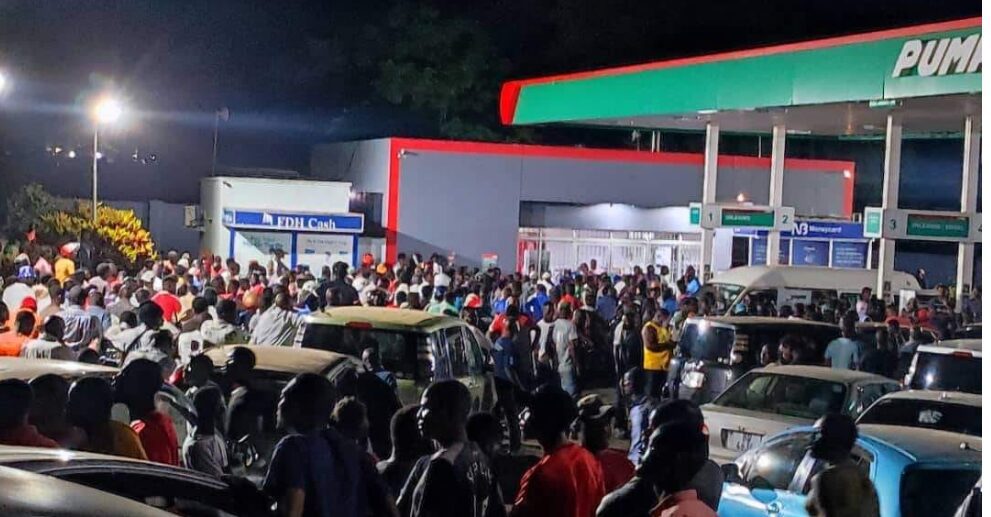
Tuesday, 16th September 2025.

非洲记者报道
The most expensive part of studying abroad isn’t tuition. It’s uncertainty. Families burn weeks to decode intakes, offers, visas and housing, then lose sleep over whether the plan will hold once a student lands in a city they’ve only met on YouTube. The good news is that the process stops feeling like roulette the moment it is treated like logistics. Offers aren’t trophies to frame; they’re tickets you validate—matching course to career, entry requirements to transcripts, and payment schedules to actual family cash flow rather than wishful spreadsheets. When those three align, visas stop being a cliff edge and start looking like a queue.
The strongest applications read like they were written by grown-ups. They show a credible study path with a clear return on skills: not “I love medicine,” but “I trained as a lab technologist, completed shadowing, and want to specialise where my market has a gap.” They show funds in a way that makes sense to a consular officer who has seen every trick in the book, and they place accommodation as a non-negotiable rather than an afterthought, because addresses carry weight in urban ecosystems that punish the unprepared. It sounds obvious; it isn’t common. Students who arrive with housing sorted and a working SIM are ten steps ahead before the first lecture slides appear.
Parents have a job too: learning to distinguish between prestige and fit. A mid-tier university in a city with abundant internships often beats a marquee name in a town where the only thing to practice on is theory. Work-rights matter, but they matter most when they match the timetable of the course, the stamina of the student, and the reality of local transport. A twenty-hour cap is useless if shifts start after the last bus. The best advisors are the ones who talk as much about commutes and kitchens as they do about rankings, because those two K-words—kitchen and commute—sabotage more dreams than grades do.
For the students themselves, the mindset shift is brutal and beautiful. You’re not emigrating into a movie; you’re onboarding into a system. Systems reward people who can read them. That means learning the grammar of deadlines and emails, understanding what office hours are for, figuring out how supervisors prefer problems presented, and treating every classmate like a potential collaborator rather than a competitor to be ignored until the group project is due. It also means staying anchored to home in a way that builds rather than breaks: mapping how your new skills plug into Tanzanian realities so that “coming back” isn’t code for failure but a plan for leverage.
The final mile is often the one no one plans for: the first month in country. That thirty-day window either cements bad habits or sets a tone that makes the rest of the year survivable. Students who budget honestly, seek help early, and join communities that keep them emotionally hydrated tend to thrive. Those who improvise everything and live online only tend to fade. The difference isn’t intelligence; it’s infrastructure. Build it before you board. The world will still be there when you land—louder, faster, more demanding than the brochure—but also more generous to those who arrive prepared.


